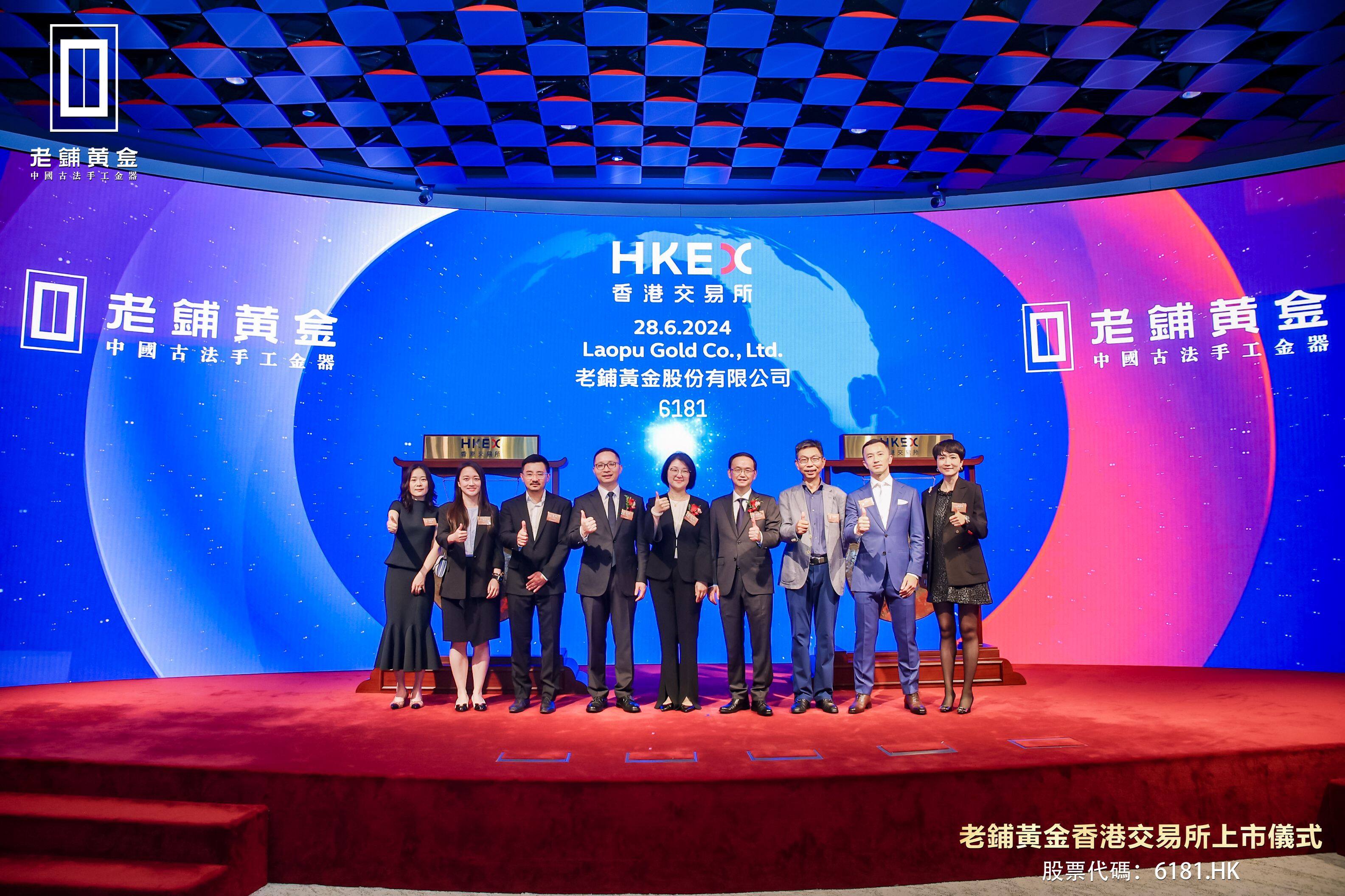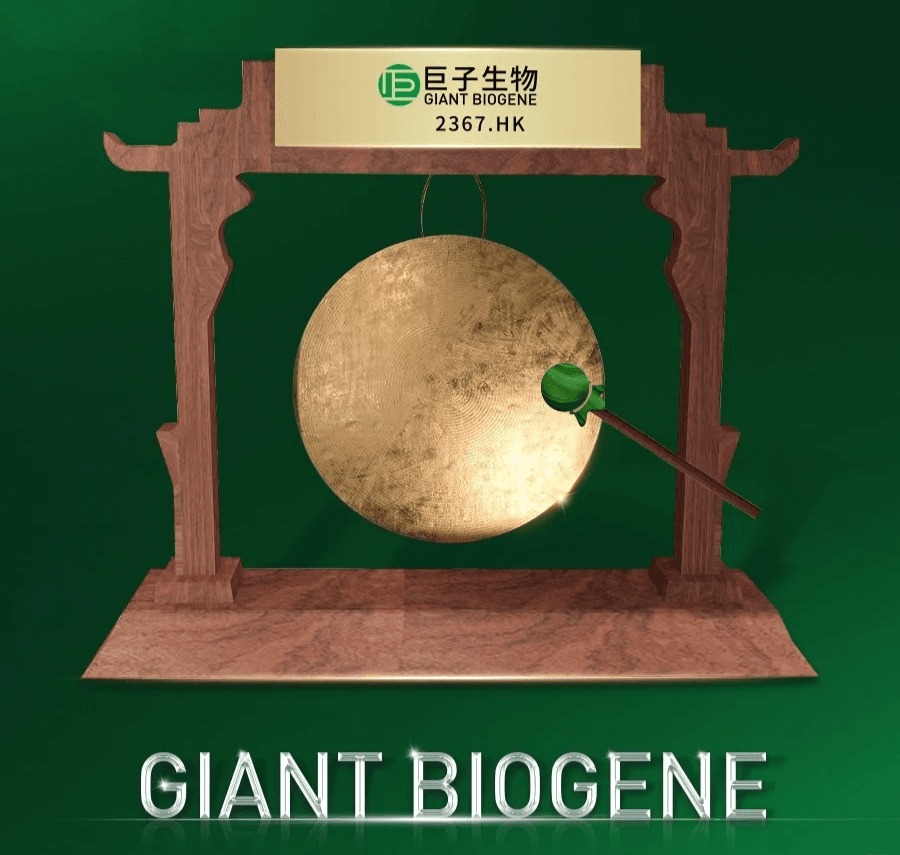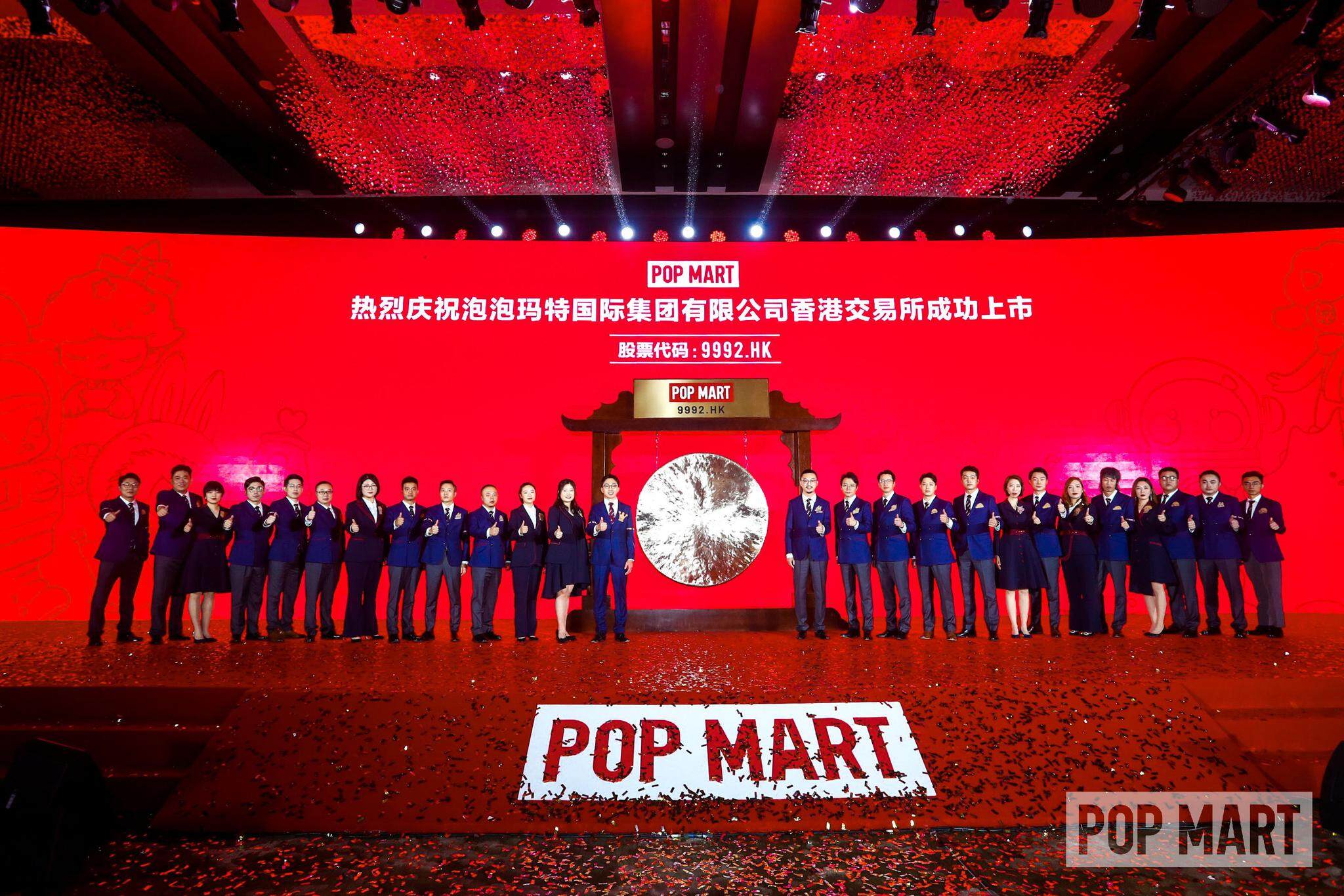At 2024 Annual General Meeting, we reiterated our long-term conviction in the structural opportunities within China's consumer market. We remain dedicated to building capabilities to identify diverse investment prospects.
As one of the world's largest unified consumer markets, China offers a unique environment where niche demand, amplified by its vast population, can generate sufficient economic scale to support multiple billion-dollar companies.
With eight years of frontline research and investment experience in this sector, our confidence in China's consumer market – the world's largest by population – has only strengthened. The scale of this unified market presents unparalleled opportunities.
Over the two-day event, we shared our perspectives on capturing consumer investment opportunities in the new cycle, and also held in-depth discussions with investors on market trends, evolving consumer behaviors, and promising growth areas.
Building Capabilities for Continuous Opportunity Identification
 David He, Managing Partner of BA Capital, sharing at the event
David He, Managing Partner of BA Capital, sharing at the event
Since its founding in 2016, we have navigated both the exuberance and subsequent rationalization within China's consumer investment sector. Our enduring commitment to this space stems from a core conviction: within China's vast consumer market, we possess the capability to continuously identify diverse opportunities. This capability is driven by our analysis across four key dimensions: socioeconomic development stages, industry evolution, shifts in channels and supply chains, and changing consumer demand.
BA Capital's core strengths lie in three areas: broad project coverage, effective resource integration, and deep consumer insights. Consumer insights, in particular, have been a defining characteristic since our inception. We view consumer entrepreneurship and investment as encompassing both rational and emotional elements.
-
The rational dimension demands rigorous logical reasoning, data analysis, cost control, and efficiency optimization. This includes discerning genuine market validation and identifying product models with sustainable competitive barriers.
-
The emotional dimension requires careful consideration of product-market fit, especially for experience-driven businesses where deep consumer understanding is paramount.
Through years of extensive consumer research and interviews, we have accumulated profound knowledge of diverse consumer segments. These insights enable us to provide specialized support to portfolio companies within the BA Capital ecosystem, delivering value from a holistic perspective.
Regarding exit strategies, we evaluate each investment with a view to both current and future capital market conditions.
Notably, over the past one to two years, we have cultivated strong relationships with numerous listed companies. Through these interactions, we have observed a pronounced appetite for acquisitions, particularly within the food sector. Founders of listed food companies facing relatively small sub-sector market sizes and slowing growth clearly articulate their acquisition criteria – target categories, desired scale, and the characteristics they seek. We believe the consumer M&A market in China is poised for increased activity, a trend supported by the high levels of M&A activity seen in the consumer sectors of the US and Europe.
Identifying Structural Opportunities in China's Vast Consumer Market
 Michael Zhang, Managing Partner of BA Capital, sharing at the event
Michael Zhang, Managing Partner of BA Capital, sharing at the event
China's immense consumer market, spanning diverse regions and encompassing 1.4 billion people within a multi-tiered structure, continues to present significant structural investment opportunities.
First, resilience in lower-tier markets is robust. Defined typically as cities below Tier 3, these markets include over 300 cities, 2,800 counties, 44,000 townships, and 660,000 villages. They represent 64% of China's population and contribute approximately 60% of total consumer spending. Crucially, economic growth in these areas has consistently outpaced the national average over the past decade, increasingly becoming the primary driver of retail sales growth.
Rising population density and improved infrastructure within lower-tier cities are expanding consumption demand. However, a persistent supply gap for quality consumer goods presents substantial development opportunities for companies.
Second, efficiency gains driven by business model and technology upgrades are significant. Data illustrates this shift: in 2023, Sam's Club China saw growth in both store count and sales revenue, while traditional supermarkets experienced declines. Similarly, snack retailer Busy Ming Group achieved nationwide revenue exceeding RMB 20 billion in 2023 and surpassed 10,000 stores by June 2024.
These trends indicate that consumers across regions and income levels are increasingly favoring more efficient retail formats for value-driven purchases. The success of warehouse clubs (catering to bulk household essentials) and specialized snack retailers (offering convenient, value-priced selections) reflects this widespread pursuit of efficiency and value.
Finally, consumption focused on services and experiences shows strong momentum. According to China's National Bureau of Statistics, consumer services spending grew 20% year-over-year in 2023, outpacing goods retail growth by 14.2 percentage points.
While we acknowledge the market is entering a new cycle, we see enduring structural opportunities in three key areas: robust demand from lower-tier markets, continuous operational efficiency improvements, and the growing appetite for experiential consumption.












